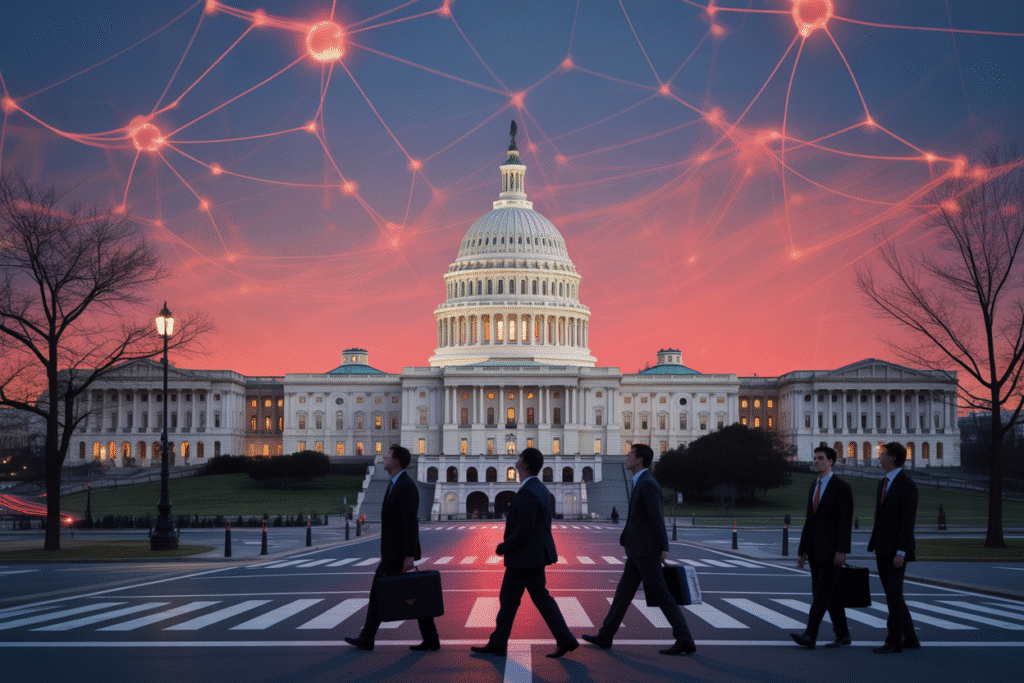The quiet launch of GPT-5 should’ve broken the internet. Instead, it sparked a debate on AI hype, job security, and what happens when the robots underwhelm.
Yesterday at precisely 9:03 AM Pacific, OpenAI dropped GPT-5. No fireworks, no livestreamed demos, no breathless threads claiming the Singularity is Tuesday. Instead, a collective digital shrug rippled through Twitter feeds. In 2024, such muted reception would’ve felt impossible. Today, it’s the loudest conversation nobody asked for. This post dives into why the biggest AI launch of the year landed like a dud firework, what it means for your paycheck, and why some engineers are quietly celebrating.
When the Future Underwhelms: The Day GPT-5 Arrived Without Buzz
Arpit Bhayani’s tweet summed it perfectly: ‘We just lived through the most boring earth-shattering launch ever.’ His timeline, usually a fireworks show of tech hype, was eerily quiet. Three possible culprits emerged in replies: we’re burned out on AI promises, the model isn’t revolutionary, or—brace yourself—progress is plateauing. Users testing its ‘PhD-level’ math skills found it still stumbles over basic arithmetic. Others praised its code suggestions, then laughed when it confidently explained why 2+2 might equal ‘fish in certain contexts.’ The loudest sound wasn’t applause—it was the hiss of deflating expectations.
Job Security in the Age of Meh: Why Engineers Are Secretly Relieved
Here’s where the plot twists. Instead of panic about mass layoffs, some programmers admitted relief. One reply went viral: ‘I spent six months learning AI tools to future-proof my career… turns out debugging still needs humans who understand why the coffee machine hates the build script.’ The real fear isn’t replacement—it’s irrelevance. If AI hype stalls, companies might reinvest in human teams, mentorship, and those quirky problem-solving skills that don’t fit neatly into training data. Meanwhile, economists argue whether this slowdown signals a broader tech bubble. The consensus? If AI stops threatening to automate your job, maybe your job was never the target anyway.
The Hidden Winners of an Underwhelming AI Era
Three groups quietly celebrate this lukewarm reception:
• Teachers relieved that ‘critical thinking’ remains unteachable by chatbots
• Startups pivoting from ‘AI-first’ to ‘human-augmented’ pitches
• Regulators gaining leverage to demand proof before unleashing the next hype wave
Yet risks lurk beneath the yawns. A stagnated narrative could embolden anti-innovation legislation, or starve crucial research funding for safety measures. What if the quietness isn’t victory—it’s a warning that we’re losing faith in transformative technology altogether? The real test isn’t whether GPT-5 dazzles us. It’s whether we can balance healthy skepticism with curiosity, ensuring future breakthroughs are measured, ethical, and genuinely useful. After all, the scariest future might be one where we stop caring about AI altogether.


